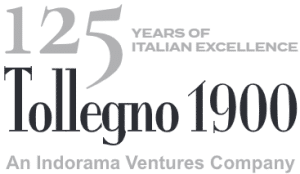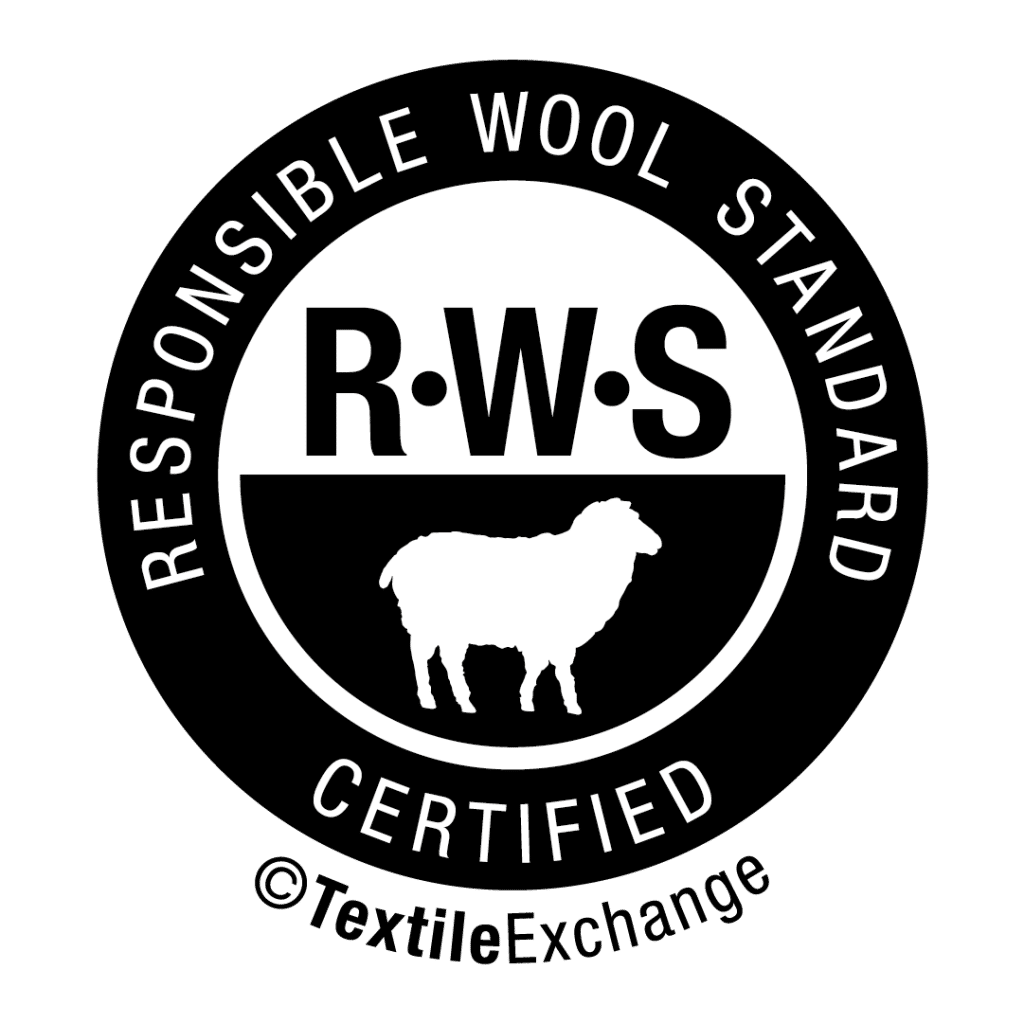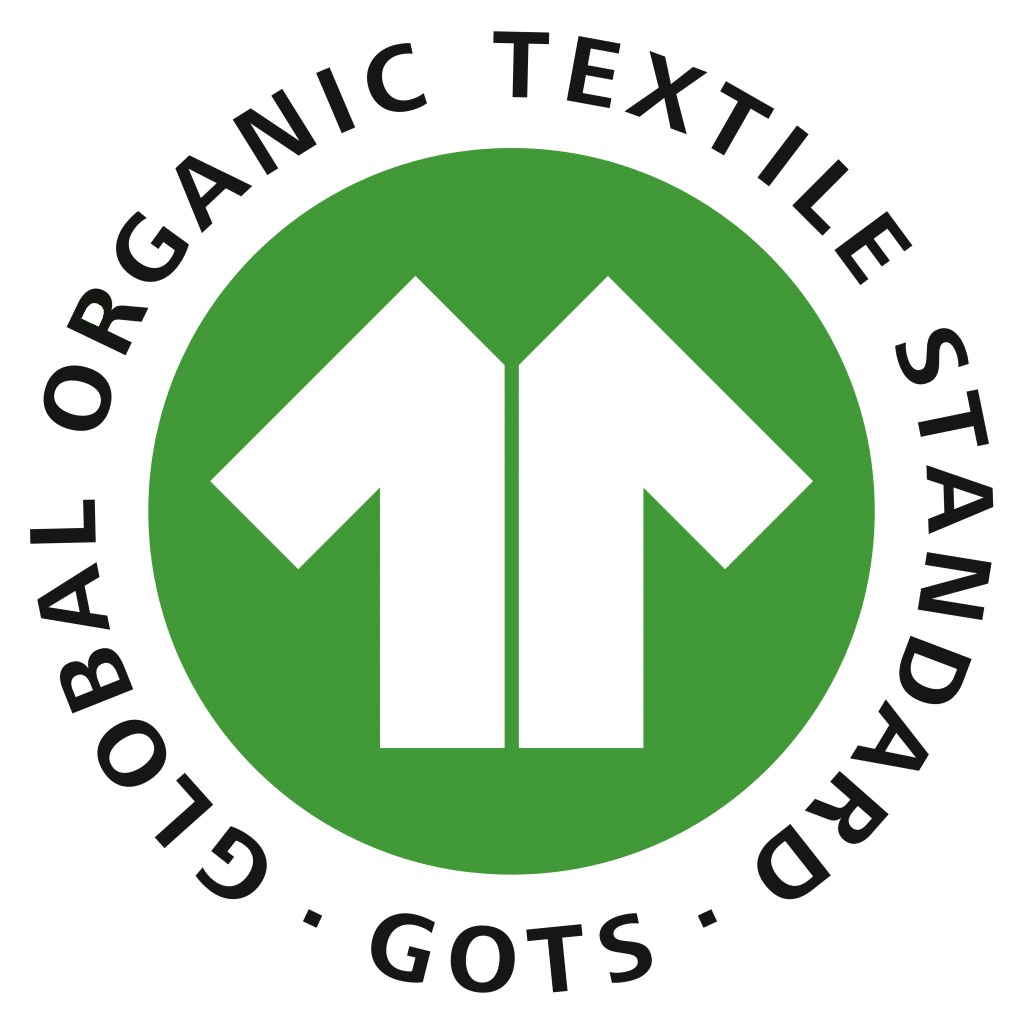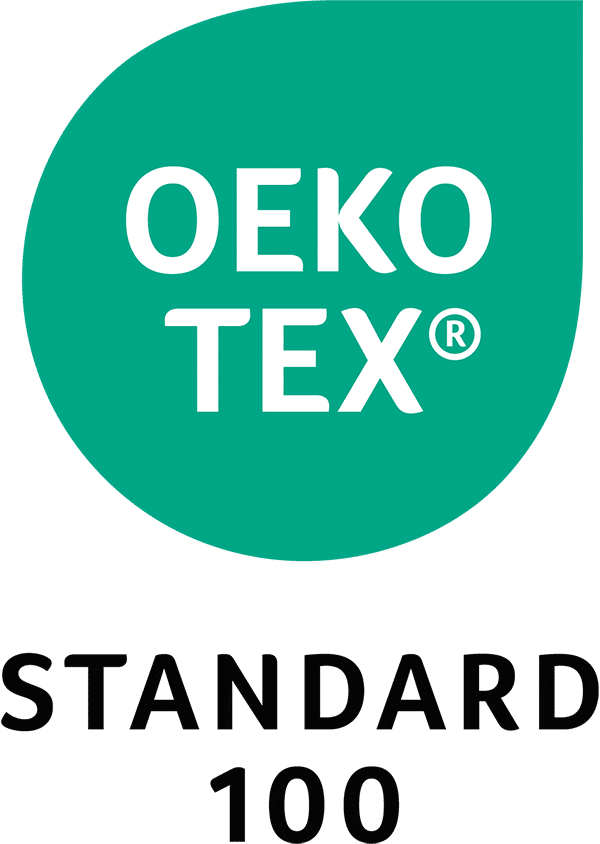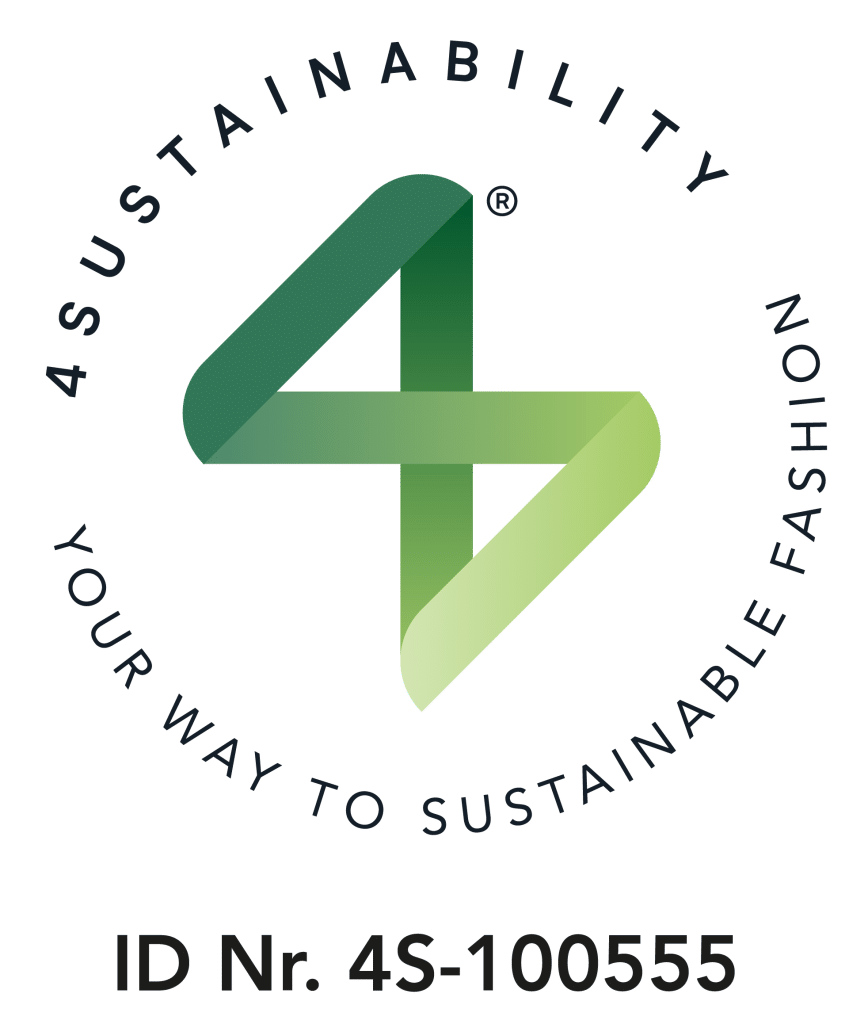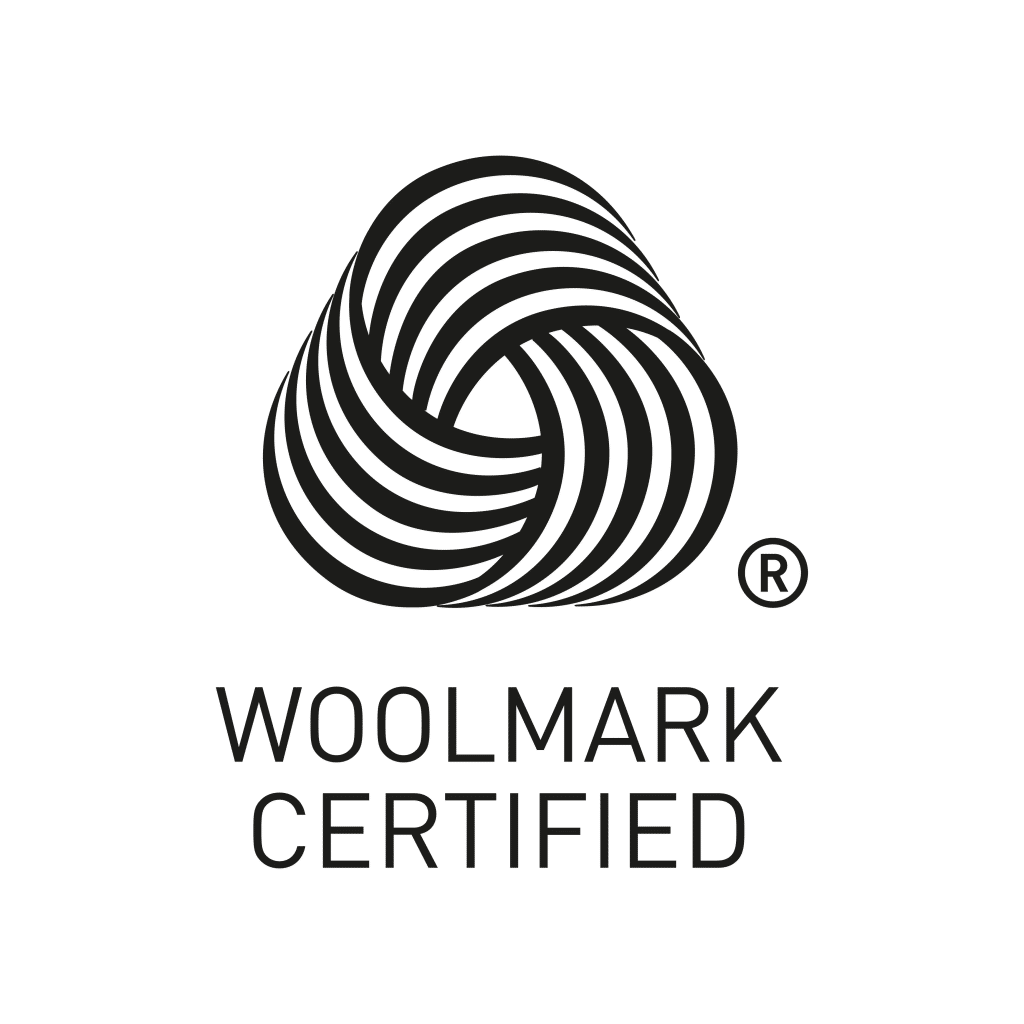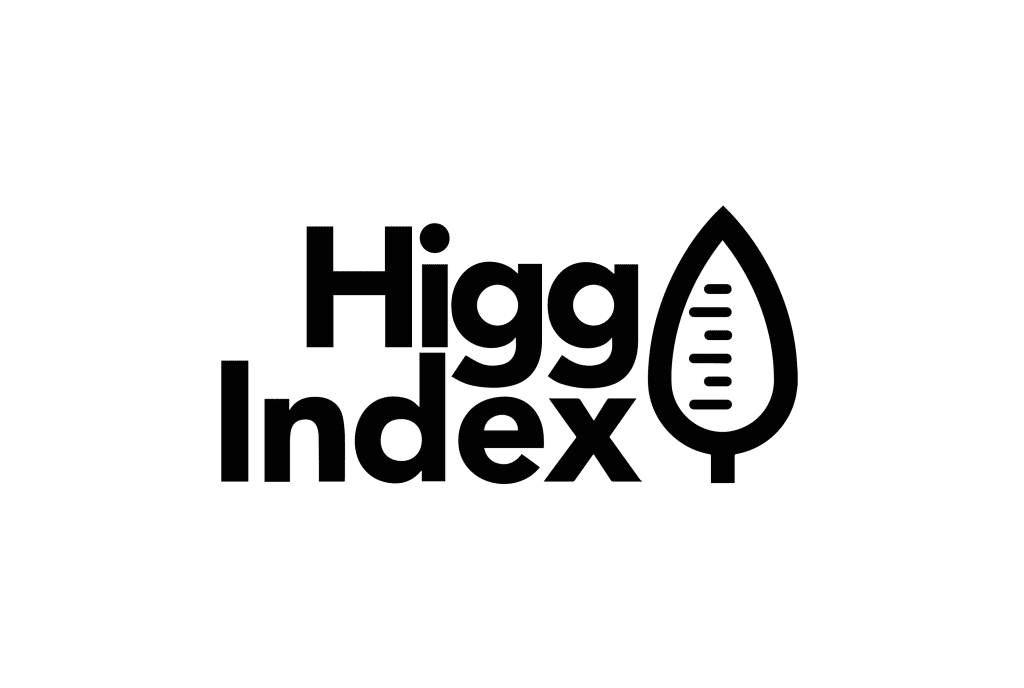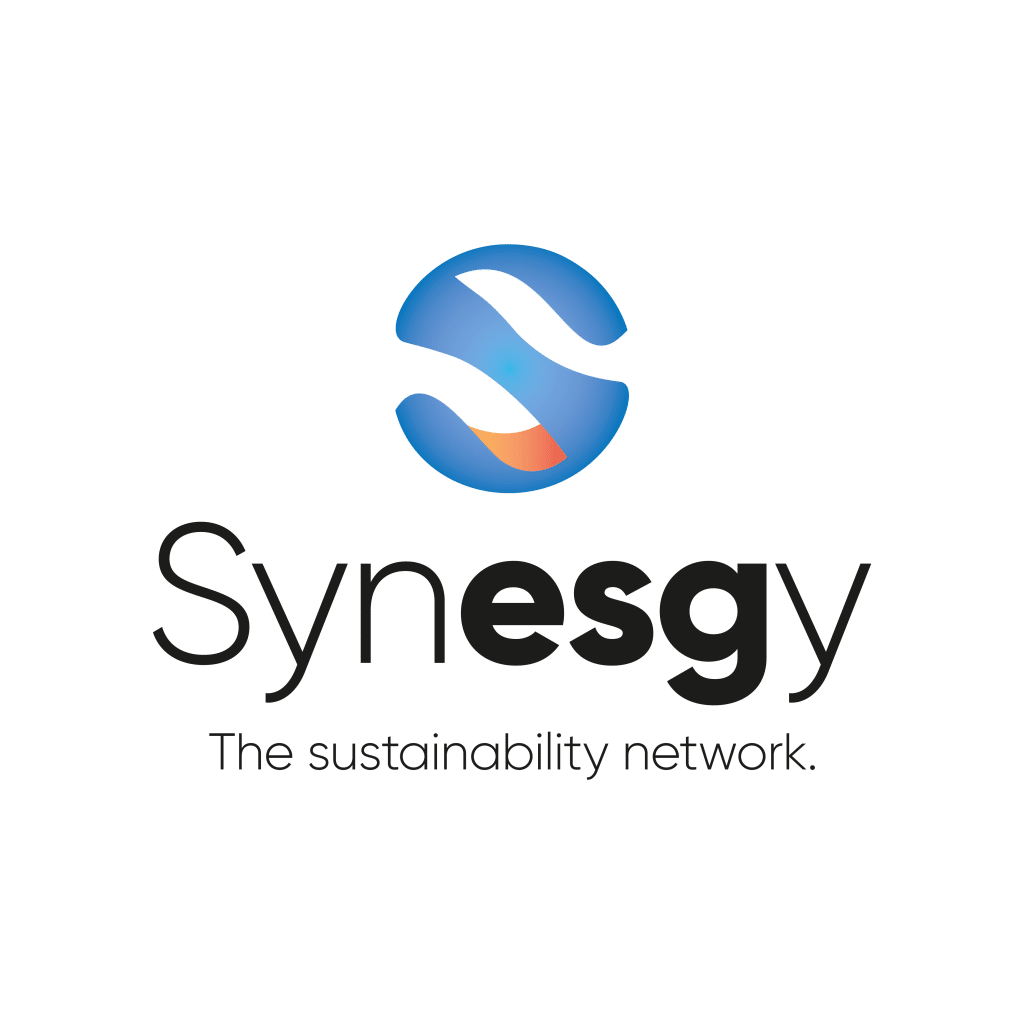Zero impact: sustainability is our choice
Preserving the natural habitat through actions that also guarantee the well-being of people and animals is part of our approach to work and life

Here at Tollegno 1900, we work to maintain a constant balance between production efficiency and respect for the environment, creating the basis for a circular economy that makes sustainability, intelligent recycling and sensible reuse its strong points.
We constantly invest in systems and machinery to keep our impact on the habitat under control and, at the same time, preserve the well-being and health of our human resources.
We choose partners who share our same philosophy of care for the ecosystem, making rigorous and scrupulous choices.
We certify our commitment with certificates that show for real how much the production and processing of our yarns comply with precise eco-friendly regulations.
Because respect for the environment means being responsible for our actions and far-sighted in implementing initiatives capable of generating value.
Planet Cool Attitude
supply chain
NATIVA: The NATIVA™ protocol certifies every step of the supply chain, from farm to brand, and ensures: animal welfare, land/environment management and corporate social responsibility
GOTS (GLOBAL ORGANIC TEXTILE STANDARD): GOTS is the worldwide leading textile processing standard for organic fibres, including ecological and social criteria, backed up by independent certification of the entire textile supply chain.
GOTS products are labelled separately
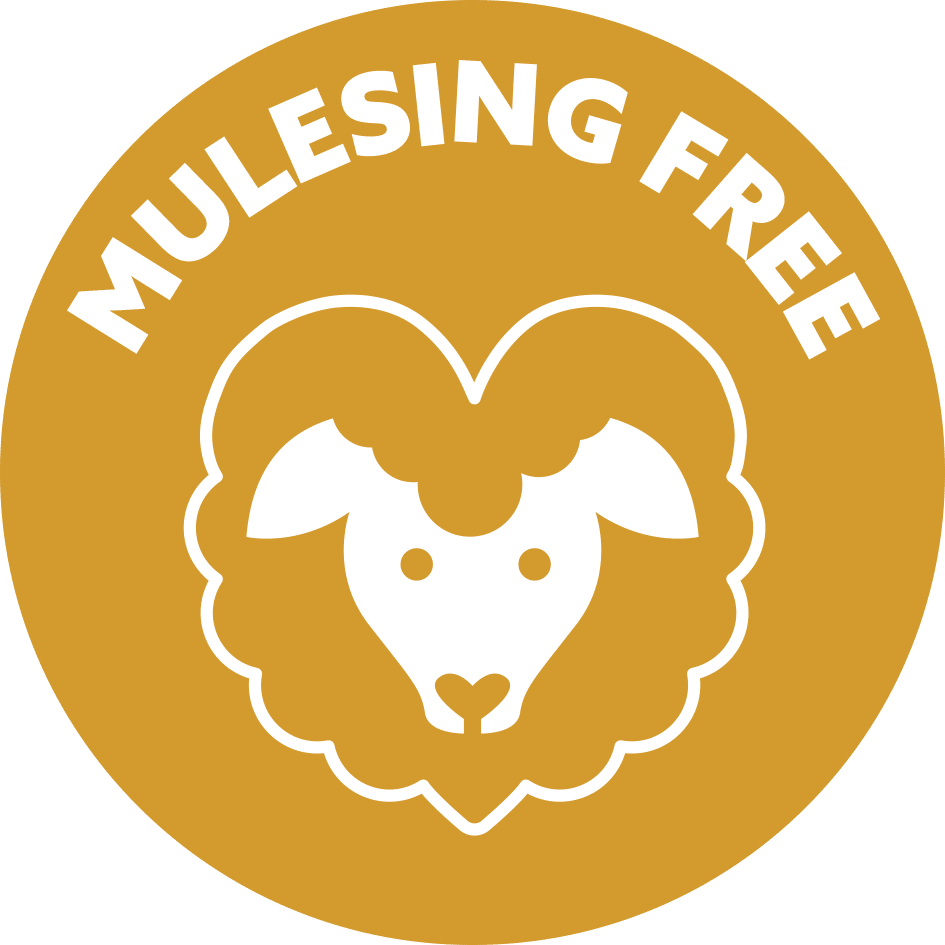
Mulesing free: Mulesing is a surgical practice used on sheep farms that involves the removal of a portion of skin from the perianal area of animals in order to protect them from infectious diseases transmitted by certain fly larvae. This practice, still quite common among Australian producers, is invasive and very painful. Some environmental associations have carried out awareness-raising campaigns in order to protect the animals, also offering various alternatives to this problem. For this reason, many manufacturers declare that they only use wool from farms that guarantee certain animal welfare standards.
Quality management and innovation
Oeko-Tex Standard 100: The OEKO-TEX® STANDARD 100 is an independent product label for all types of textiles tested for harmful substances – from yarns and textiles to ready-to-wear articles that can be purchased in stores. The OEKOTEX® testing criteria are recognised worldwide.
4S CHEM: The 4s CHEM protocol adopted to eliminate toxic and harmful substances in production through the principles of the MRSL ZDHC methodology.
4sustainability® is the Process Factory trademark that certifies the compliance of companies in the fashion & luxury sector with the ZDHC (Zero Discharge of Hazardous Chemicals) Foundation Roadmap for Sustainability. The issuing and maintaining of the trademark is conditional to the implementation of a roadmap, as well as to the compliance with strict requirements that are continuously monitored
Go to our e-report >
Woolmark: The Woolmark logo is the most famous quality textile fibre brand in the world and represents the long-term commitment between wool producers, facilities, brands and consumers. Since its creation in 1964, the Woolmark logo has appeared on over 5 billion products. The value of the Woolmark certification marks is well established and highly appreciated in the entire world of the clothing industry, interior textiles products and household linen. Woolmark certification marks provide consumers with an assurance of the fibre content and quality and are supported by technical specifications for a wide range of wool and wool care products. Before the relevant Woolmark certification trademark can be applied, stringent tests are conducted by authorised independent laboratories.
Trasparency and communication
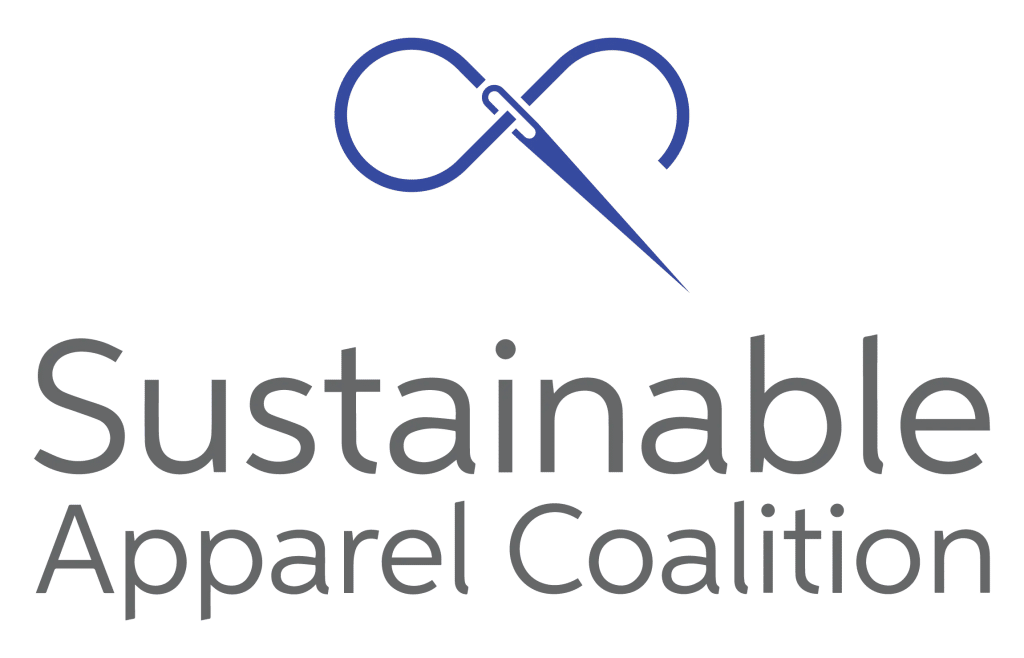
Sustainable Apparel Coalition (now CASCALE): is a global non-profit alliance in the apparel and consumer goods industry. Cascale owns and develops the Higg Index
Higg FEM: The Higg Facility Environmental Module (Higg FEM) is a sustainability assessment tool that
standardises how facilities measure and assess their environmental performance on a yearly basis.
The Higg FEM is designed to:
- Measure and quantify the impact on sustainability of a facility
- Reduce redundancy in measuring and reporting sustainability performance
- Drive business value through reducing risk and uncovering efficiencies
- Create a common means and language to communicate sustainability to stakeholders
Higg FSLM: The Higg Facility Social
& Labor Module is an instrument that assesses the social and working conditions in global structures in which workers produce billions of garments, textiles and footwear every year. The FSLM helps manufacturers, brands and retailers to understand the social and labour impact of their value chain, to reduce audit fatigue and implement proactive improvements.
Synesgy Certificate: Synesgy enables companies to collect and manage sustainability information through an ESG self-assessment, complete with evaluation, benchmarks, and guidance on the development plan to be undertaken

Wordly: the most comprehensive impact intelligence platform on the planet, Worldly provides real data specific to supply chain, products and operations. It is the platform used for the Higg Index.
ZDHC Supplier to Zero: All chemicals in use have been classified according to the ZDHC (Zero Discharge of Hazardous Chemicals) Foundation’s MRSL (Manufacturers Restricted Substances List), identifying the relevant levels of compliance and the actions necessary for the replacement and elimination of non-compliant products to reduce negative impacts on the environment, workers and communities
Ethic-et: The Mark aims to identify products and services in the textile sector that are subject to the registered Use Regulations. The Mark certifies that the products and processes are chemically safe for the consumer and sustainable from an ecological and environmental point of view, through the objective monitoring of the production chains that make them.
Investing to improve: our priority
Being an eco-friendly brand also leads us to innovate our production processes, in order to avoid any toxic component that may negatively impact nature and people.
We certify our willingness to act for the well-being of our world
We also demonstrate our commitment to preserve the environment, to which we strongly belong, with the attainment of the most important eco-friendly certifications in the textile sector: Those are part of our green passport and our sustainable brand identity.

Traceable to be recognisable
Since 2015 we have been collaborating with the Beaufront estate which, located in Tasmania, is well known not only for its endless pastures, whose biodiversity is promoted by verifying the quality of the land and plants so that their properties meet the highest standards, but also for the commitment to pursue animal welfare. This is confirmed by its RWS and mulesing-free wool certifications: in fact, a team of professional shearers ensures that all phases of wool harvesting are conducted in an ethical manner, guaranteeing a habitat for the sheep characterized by total absence of stress. The innovative Sheep to shop project was born from the partnership with the estate, a personalized service that makes the entire production process traceable and certified, starting from the breeding of the animals, and now also gives the opportunity to visit selected farms for the development of a highly exclusive production.
